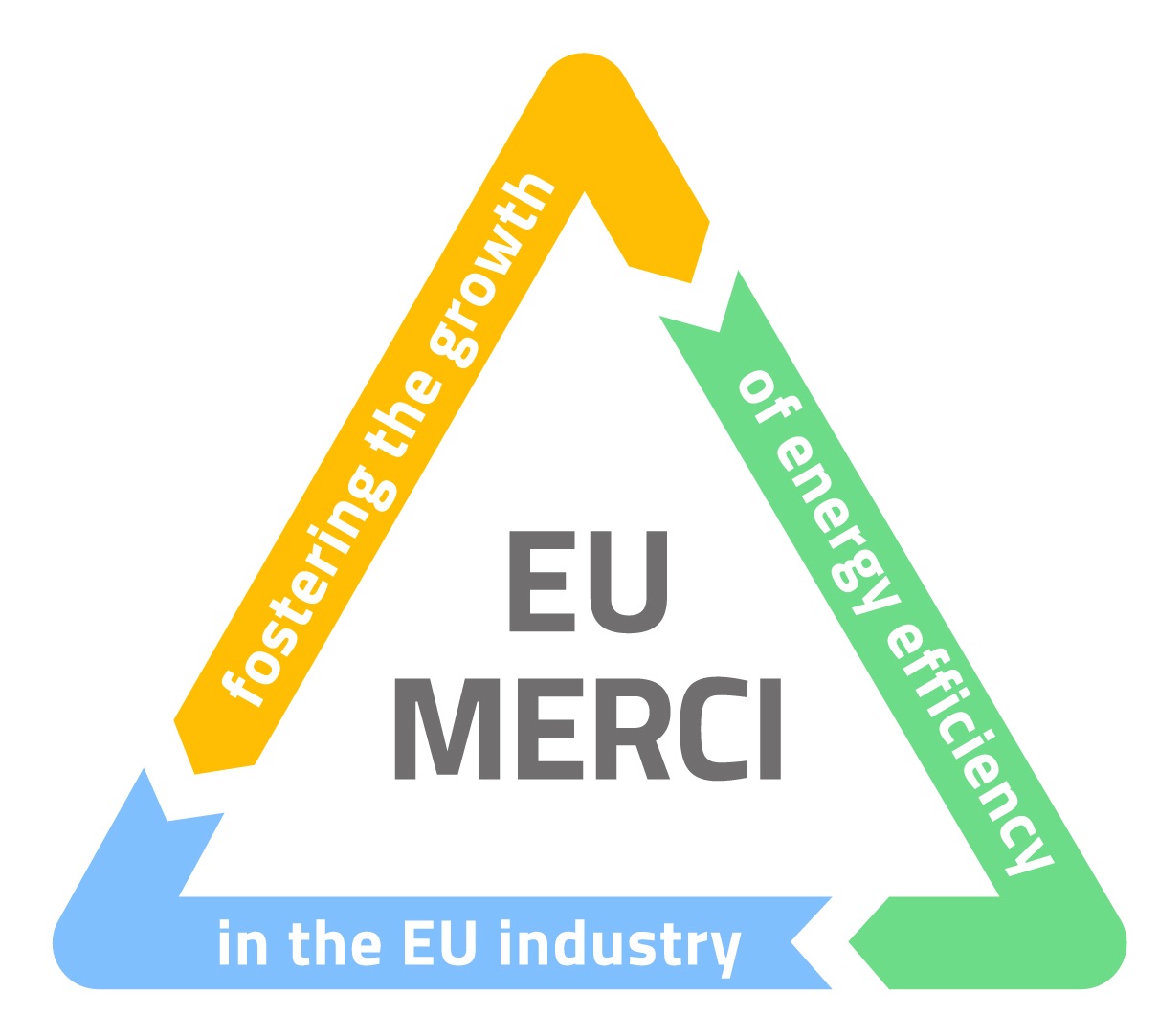On 26 January 2018 CRES organized its national EU-MERCI capacity building workshop “Energy Efficiency in Greek Industrial Sector” at Crowne Plaza Athens Hotel.
The workshop focused in the specific parameters of the Greek industrial sector, which were divided in three sectors:
- Legislation and finance
- Projects and technologies for energy efficiency
- Good practices for the Industry
The workshop was attended by 40 people, included the speakers. Most participants were from the industrial sector, managers and engineers, but also from consultant companies, energy providers, ministries, associations and one student.
The event begun with the welcoming of the General Director of CRES, Mr Kilias, who spoke about the current situation on national support mechanisms for energy efficiency in industry and especially, on SME. He claimed that this year is a crucial one, since changes are occurring in the sector, with the new legal framework of ESCOS being a defining new factor. He reinsured the willing of cooperation between the state – since CRES is the national consultant on RES and ES issues – and the stakeholders in order to achieve the targets of the EU Directive on Energy Efficiency.
Mrs Papadimitirou, the General Director of SEVT continued with the welcoming, focusing on the food industry in Greece. She underlined the importance of this sector to the national industrial sector, where most of the companies are SMEs. She mentioned the characteristics of the food sector, the challenges facing, the need for investments in new technologies, the need for cooperation and the integration of RES and ES measures to the production line. The target of their association is the sustainable development, using as tools the EU projects, reinforcing consumer’s awareness, forming Environmental Committees for the dissemination of good practices and practical interventions, in order to build a productivity line through sustainable models.
After the welcoming speeches, the workshop actually started. The first session was devoted to legislation and financing, presenting the national support mechanisms and the Energy Performance Contracting. In the second session were presented EU projects that had been working to the EE technologies and measures resulting to ES for the industry (EU-MERCI, STEAM-UP, EPC+, QualitEE and LIFE CLIM’FOOT). The EU-MERCI platform was presented in this session. Good practices were presented in the third session, starting by EU-MERCI results for the AgriFood sector, and continuing with the presentation of FOODPRINT TOOL and the way YIOTIS food company benefited from its use. For more details, see the ppts available online.
All sessions were followed by some given time for Q&A, where the audience participated by requesting significant clarifications and posing interesting questions, leading to fruitful discussion and observations. The participants have asked for the minutes and accessibility to the ppts of the workshop, underlying the importance of the topic of EE for the Greek industry and the need of the industrial sector for further information on all respective issues: legislations, support mechanisms, technologies, tools, good practices and results.
Following it is possible to download the presentations:
Support mechanisms and financial schemes for the promotion of energy efficiency in Greek industry, C. Tourkolias – CRES
Energy Efficiency Contracts in Industry, Α. Giakoumi – CRES
EU MERCI project and platform, E. Mavrou & Ε. Takseri – CRES
Results of the energy audits in the frame of the STEAM – UP project, G. Goumas – CRES
Energy Services with Energy Efficiency Contracts, A. Mpotzios – CRES
LIFE CLIM’FOOT: Climate Governance: Implementing public policies for the calculation and minimization of the carbon footprint of organizations, L. Papamikrouli– CRES
The result of the EU MERCI validation in the agrifood industry, E. Mavrou – CRES
FOODPRINT TOOL: An innovative toolkit for the minimization of the carbon & energy footprint of food industries, G. Kontsantzos & A. Vasilopoulos – NTUA
The Benefits & Prospects for JOTIS S.A. from the FOODPRINT project, G. Antoniou – JOTIS S.A.
